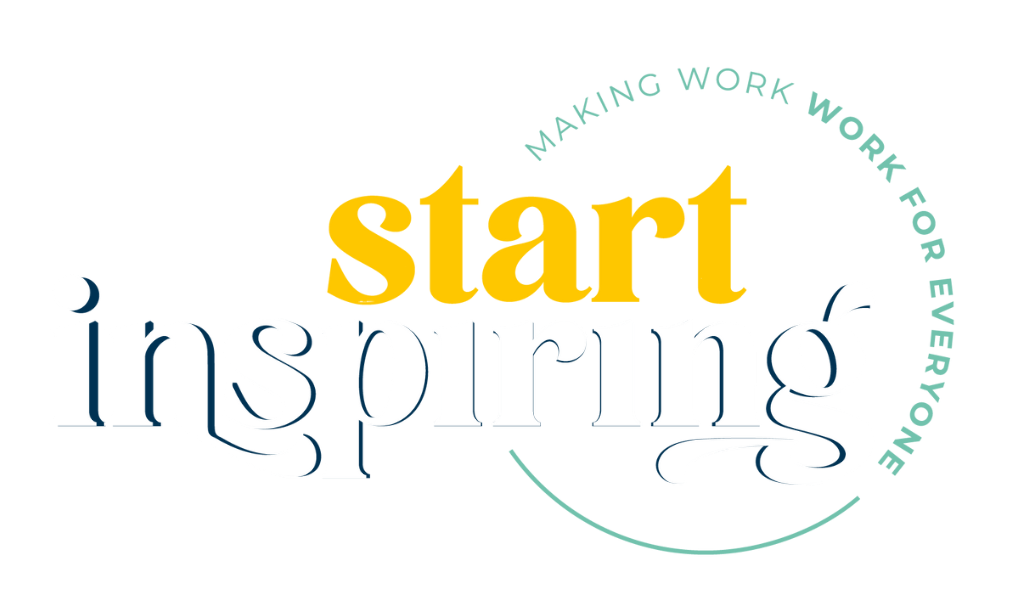Opposites day!
“It’s like we are having two different conversations”
“Why are they being so *insert judgemental adjective here*?”
“Here we go again - same old!”
Sound familiar? We all have experiences of working with people that just press our buttons. At best it causes frustration; at worst, conflict. Now, I hate to take the wind out of your sails, but we can say with some confidence that it’s highly likely this is how they feel about you, too.
Why? Well, it’s likely that underneath all of the other characteristics we’ve come to define humans with (gender, race, age, etc), what you’re likely to be experiencing is YOUR OPPOSITE.
The old adage ‘opposites attract’ is often not the case in the world of work. We tend to surround ourselves with those that think and behave the way we do - makes sense, right? But your opposite has strengths where you have weaknesses, gets energy from the tasks that drain you and can often see problems and solutions from an entirely different perspective.
When opposites learn to appreciate and accommodate each other, magic happens.
The second you look for compromise instead of change, the world will open up and the friction will start to dissipate.
How?
The DISC profiling tool is a great place to start. It identifies 4 ‘styles’ or preferences:
The “D” style is very quick to make decisions, direct in their talk and actions, task-oriented and active. This style’s greatest fear is being taken advantage of.
The “I” style is very outgoing, optimistic, and influential, preferring people over tasks and is very active. Their greatest fear is rejection.
The “S” style is very steady in pace, slow to make decisions or can be indecisive, prefers to be on a team with other people and is passive. Their greatest fear is loss of security.
The “C” style is very concise and systematic, prefers tasks over people and is passive. Their greatest fear is criticism.
D and S are opposites, I and C are opposites.
What now?
Unlocking the power of these dynamics first means identifying preferences, understanding them and then learning how to best leverage these differences so that you get the best from each other, your teams, your Organisation.
If this has kindled your curiosity, send us your thoughts or questions! How does this show up in your life?

